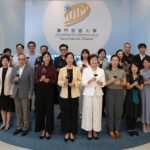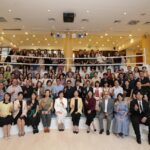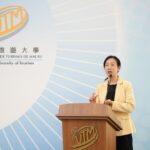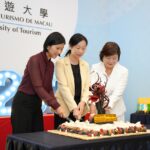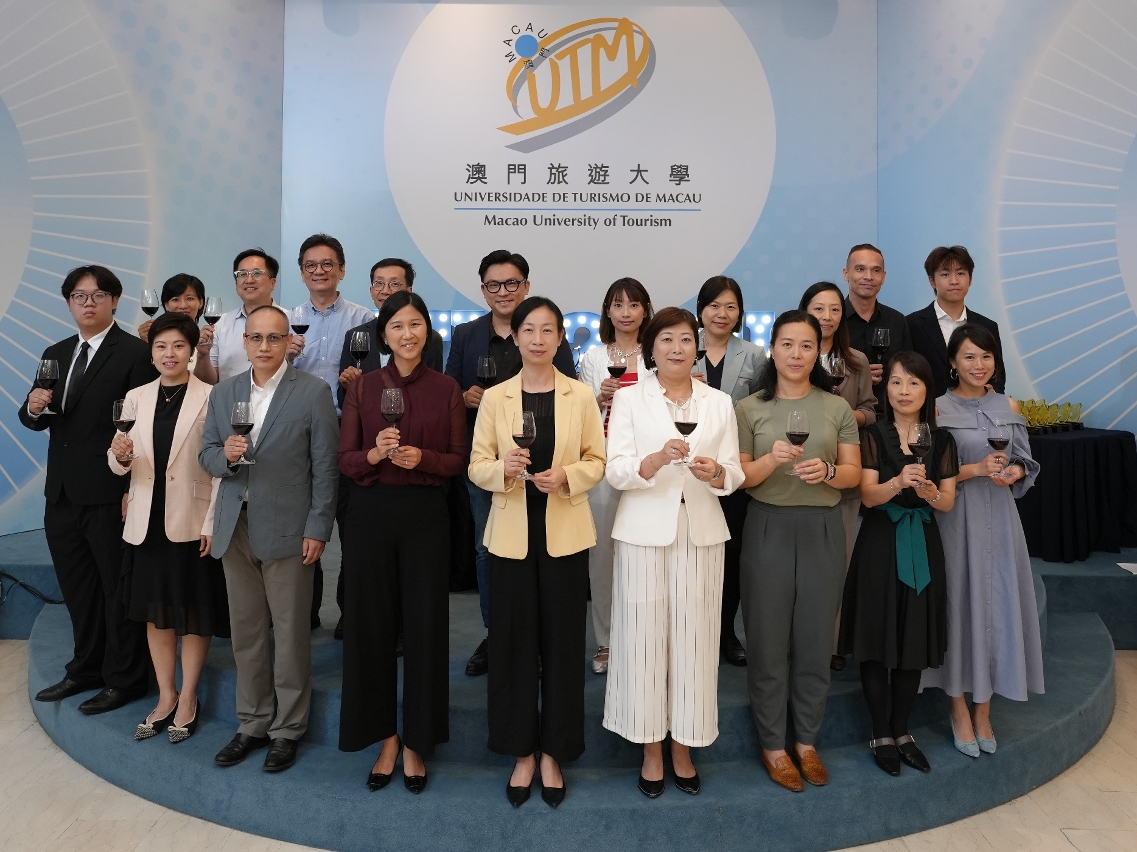 Macao University of Tourism (UTM) marks its 29th anniversary with commitment to excellence and advancement
Macao University of Tourism (UTM) marks its 29th anniversary with commitment to excellence and advancement
This year marks the 29th anniversary of The Macao University of Tourism (UTM) and its predecessor – Macao Institute for Tourism Studies (IFTM). The celebration ceremony was held at the Mong-Há Campus, where management team and heads, faculty members, staff, students, and alumni representatives of UTM gathered to extend their wishes and blessings.
Dr. Fanny Vong Chuk Kwan, Rector of UTM, expressed profound gratitude towards the UTM community for their diligent efforts, which have laid a solid foundation for the development of UTM over the past 29 years. This year signifies a significant milestone in transitioning from IFTM to UTM, creating a more favourable condition for performing the tasks entrusted to it by the Macao SAR Government, and shouldering the mission assigned to it in this new era.
Looking ahead, UTM remains steadfast in its commitment to continuous innovation and advancement. The University aims to strive for progress in academic disciplines, talent cultivation, industry collaborations, international exchanges, campus layout and new developments in other aspects to offer superior educational resources to students.
During the ceremony, 55 UTM staff members were honoured with Long-Service Awards in recognition of their dedication to the University’s ongoing progress. UTM encourages its community to uphold their aspiration of nurturing professionals for the Macao SAR, the Greater Bay Area and the mainland China, passing on the values of excellence, and fostering a spirit of pragmatism and innovation to future generations. Through this unwavering dedication, UTM is poised to continue achieving remarkable outcomes.


